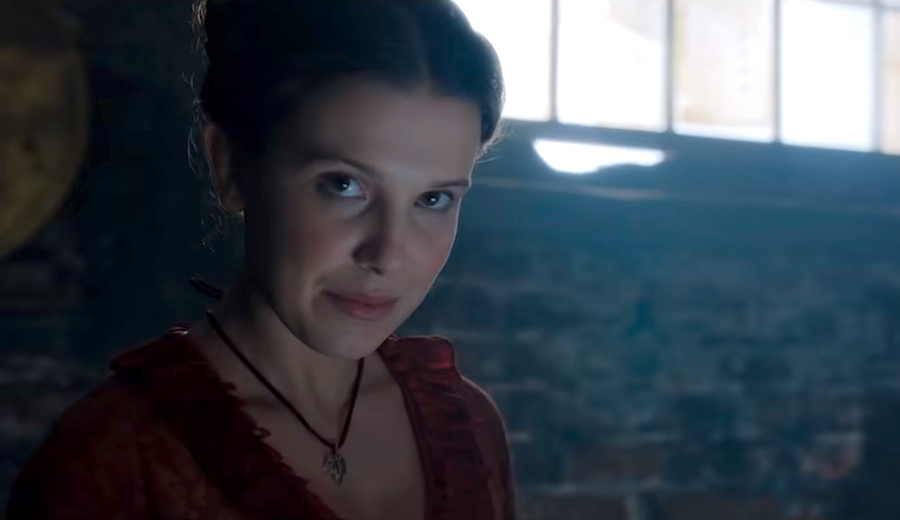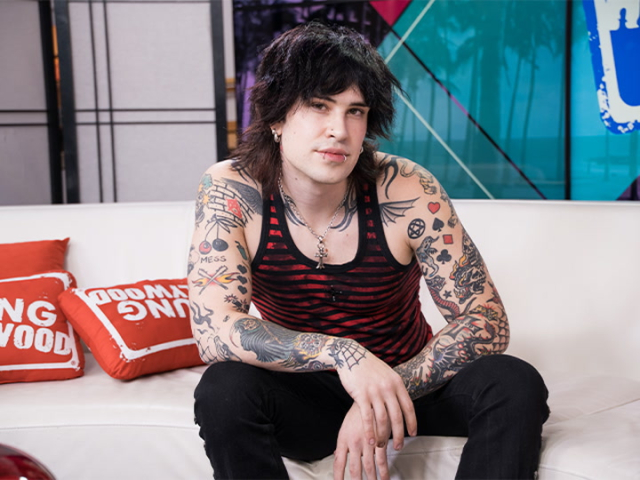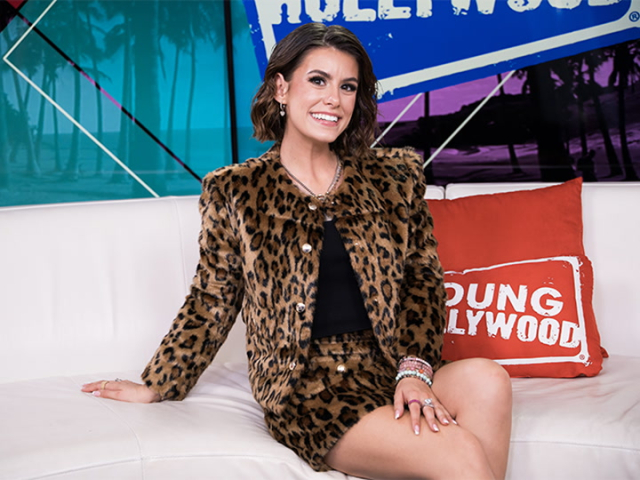Why Netflix's 'Enola Holmes' Is a Breath of Fresh Air For Female Hero Stories!

Sometime in the last few decades, a shift in narrative storytelling for female heroes happened, for better or for worse. With the rise of the Strong Female Character™ trope came some unfortunate side effects – chief among them that these female heroes had to shirk “traditionally feminine” pursuits like dresses, compassion, and, above all, icky icky LOVE. All these things were considered “weaknesses”; a Strong Female Character™ could not truly be independent unless she was burning her corsets, wreaking sweet revenge on her enemies in the cruelest way possible, and proudly proclaiming that she don’t need no man, thankyouverymuch! After all, she’s Not Like The Other Girls. I mean, who would want to be, amirite?!
Now, to be fair, these things aren't inherently “bad”; they are just… limiting. While male heroes are allowed to have it all (including the girl), female heroes must sacrifice every trace of their femininity and accept being alone for eternity in order to fully realize their full potential. No time for boyfriends and mercy when you’re kicking ass and saving the world, right?! Sigh…
It’s a
narrative that has been perpetuated for a while now and is,
frankly, getting stale. Personally, I’d love to see a female hero
who gets to have it all, who can be “not like the other girls” but
who, say, doesn’t mock those “other girls” either. A female hero
who embraces ALL sides to herself without having to sacrifice the
softer aspects in order to be taken seriously as a Badass.
And that’s why I am perfectly in love with Enola Holmes. The new Netflix movie, based on a series of novels by Nancy Springer, follows the adventures of the youngest sister of the famed detective Sherlock Holmes (oh, and Mycroft too) who finds herself struggling to find her place in the world. She most definitely embodies the “Not Like The Other Girls Trope”, but in this case, it’s not because she is openly defiant of women’s roles in 1900 England; it’s because she doesn’t know any better. In fact, it is her own mother, Eudoria (Helena Bonham Carter), a radical feminist and progressive, who is the real “Not Like The Other Girls”. She raises Enola in near isolation, teaching her to fight, think, solve, and other pursuits not considered “ladylike” back then. Enola is no revolutionary; she is the product of one.
To that end, instead of approaching her first experience with a corset and “ladies” clothing, Enola (played brilliantly by Millie Bobby Brown) doesn’t turn up her nose; instead, she looks at it as another adventure and chooses to see the practicality of it.
In fact, although the plot revolves around Enola desperately searching for her mother and drawing strength from her mother’s lessons, Enola often goes in the opposite direction – and where it counts. During her travels, Enola meets the swoon-worthy Tewkesbury (Louis Partridge), a young aristocrat who is poised to take his late father’s place in the House of Lords. Tewkesbury grew up almost as sheltered as Enola, but the result is quite different. He is wholly unprepared for “the real world” and it becomes incumbent on Enola to save his skin more than a few times. She does so in direct contrast to her mother’s rather cold-hearted advice that those who cannot fight for themselves should not be protected, because “survival of the fittest” or whatever. The fact that she even diverges from her search for her mother to help Tewkesbury is itself in defiance of her mother’s advice to never get involved with men, because they are nothing but a distraction.
And you know what? The narrative actually sides with Enola! And you know what’s even better? Enola is clearly and very openly crushing on Tewkesbury – grinning, giggling, and blushing in his presence – and that’s okay too! When Enola decides to help him instead of searching for her mother, the narrative doesn’t punish her for it. Enola is allowed to both kick ass AND like a boy – both can co-exist in the same story! Whatta concept!
There is also a running theme in the film where Enola obsesses over the fact that her name spelled backwards is “alone”, but by the end of the movie, she comes to the realization that “Being alone doesn’t mean being lonely.” Eureka!
Now, while it is true that Enola does not end up with Lord Dreamboat at the end, it doesn’t feel like an ending, and they are not split apart by external forces (i.e.: betrayal, death, etc.). Being only teenagers, Enola makes the very grown-up decision that they both need to go their separate ways to find themselves, but she very adamantly tells him, “You're not rid of me yet!” Which leaves the door open for future potential. And considering this movie is based on only the first of Springer’s novels, we might not have seen the last of these two yet either!
So if you're tired of the same old Girl Meets Boy But Girl Is Too Badass And Independent To Give Boy A Second Glance, or if you just wanna see Henry Cavill in a cravat (hey I don't know your life), fire up Enola Holmes on Netflix asap!



